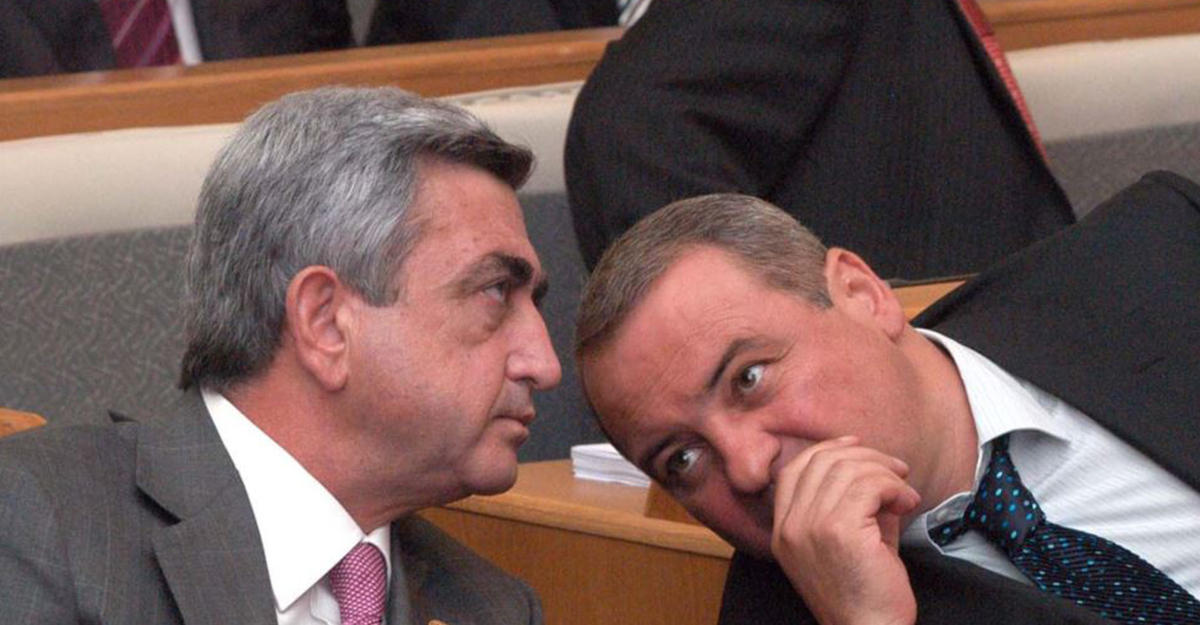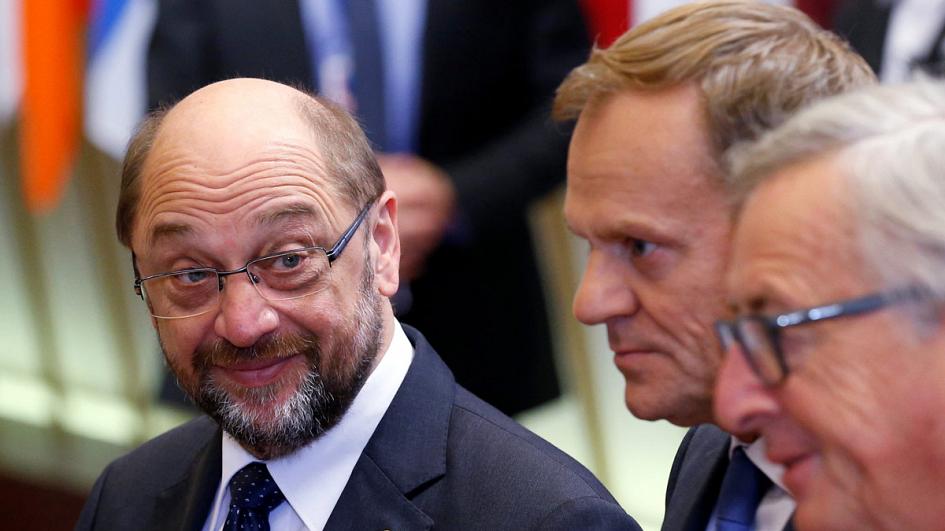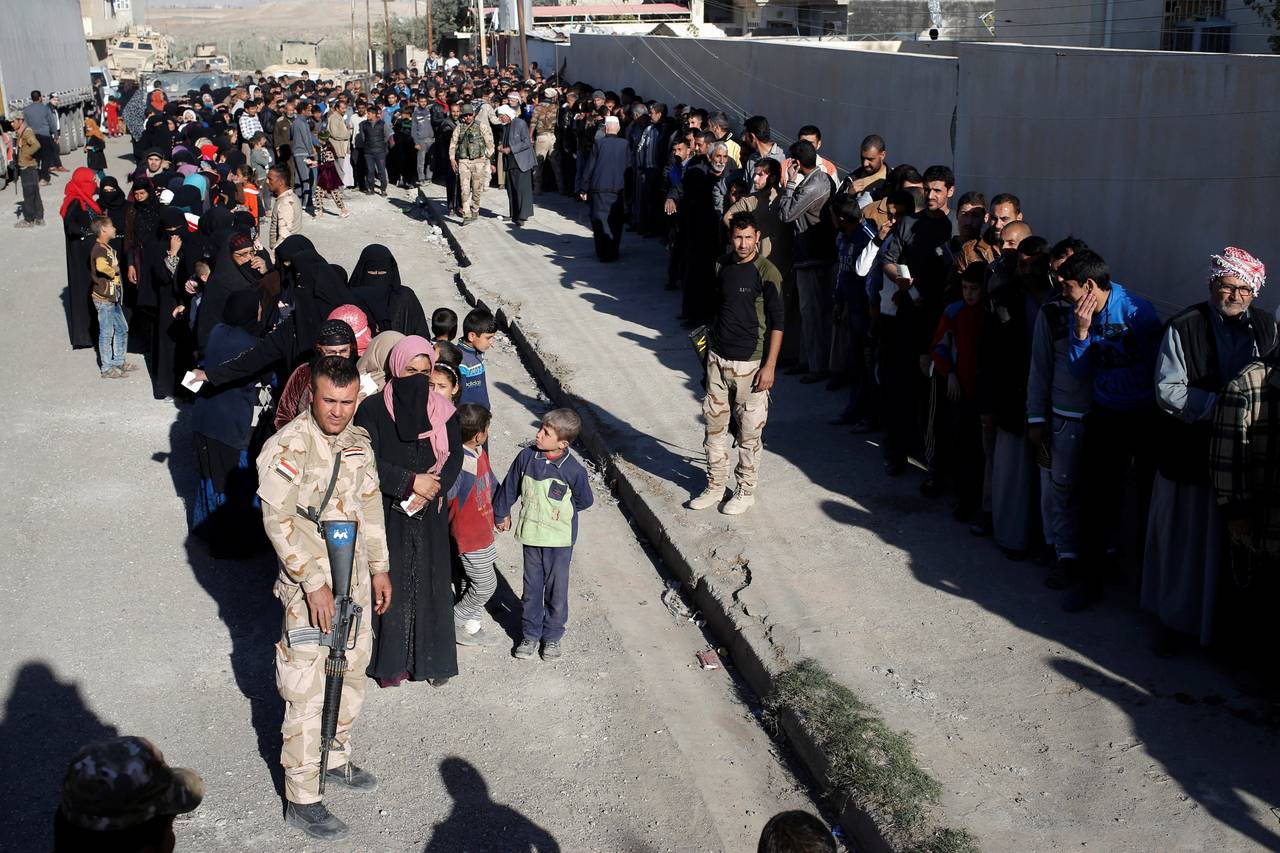
24 November 2016
News.Az
Karen Karapetyan, who just a couple of months ago was appointed as the prime minister, may be the next head of state in Armenia, the country which loses more and more a credibility on its incumbent president.
Given the difficult socio-economic and the potentially explosive political situation in Armenia, there were huge expectations on the new government. The nation with each fourth holding a status of poor was in anticipation of real changes, AzerNews reported.
He had certain priority tasks to solve. First of all, it was related to the national debt, which continues to grow. Next year it will reach $6 billion, and this figure is very dangerous, especially since the growth trend still exists.
Introducing the future prime minister, Sargsyan told his party fellows that Karapetyan was pretending to become “the symbol of changes” in Armenia and might “ride a big wave” to achieve new economic and political liberties for the nation.
Although, this optimism of the Armenian president was shared by only few in the country and abroad. At a time with only seven months ahead of parliamentary elections there are no revolutionary expectations from the new government.
These upcoming elections indeed promise to be a landmark event as the new authorities will be guided by the new constitution that defines the parliament as the supreme power, and prime minister as the key figure to administer all economic spheres.
Obviously, the government of millionaires wants to regulate existing problems and rejects shocks, but principle changes are needed. However, the existing government system and economic model remain to be stronger than the government's efforts. Its steps are limited enough to break this system, thus slowing down the development of the country.
The fight against corruption, the dominance of monopolies, the reduction of shadow business and other urgent problems that must be addressed by the government are of political nature, not administrative.
Although the Armenian government and population relied on Karapetyan a lot, apparently, nothing has changed in the country except one thing: the Armenians suddenly realized that Karen Karapetyan has more populist thinking and approach than his predecessors.
Right after taking the post, Karapetyan announced his intention to present Armenian economic strategy in the near future. He suggested two major stages in this regard. The first was a short one and stipulated soonest reforms in capable of stirring trust in the public. The second stage was a long-term one and implied a strategic vision of Armenia’s development.
Though no one has yet seen the work and its outcome of the Armenian premier activity, but yet he enjoys positive feedback of the people thanks to his populist statements, promises, and programs. As to the implementation of all these, no one in the government has taken a single step, including Karapetyan himself.
Meanwhile, the economy of the country remains critical, demonstrating unbelievably low indices each year. Descending economy, high poverty and increasing outflow of people are the pure realities in Armenia, which lack any governmental scenario or program to change the situation.
Armenia’s external debt is growing, as well as the budget deficit. Moreover, the economic growth is significantly lower than it was foreseen. The state debt of Armenia has already amounted to $5.36 billion as of the end of the first half of 2016. The forecasted GDP in 2016 amounts to 5.443 trillion drams. Consequently, by the end of the first half-year, the national debt of Armenia made up 46.7 percent of GDP, which is quite risky for the country’s economy.
Moreover, Armenia doesn’t attract the foreign investors at all.
Despite different positive statements from the government on achievement of a stable situation in the country, the national economy remains critical.
This reality gives birth to question whether why Armenia needed a government change if nothing in reality altered in the country. Why did President Sargsyan decide to take this step? What kind of threats the former Government of Hovik Abrahamyan represented for him?
There are various rumors going on regarding this issue.
On one hand, some believe that Sargsyan doesn’t really make any decisions on the future of the country. And Karapetyan was brought to power under the pressure of Moscow.
On the other hand, some claim that Sargsyan himself doesn’t really support Karapetyan.
He transferred full authority to the prime minister to release himself from entire responsibility and failures.
The country is suffering from high poverty, negative migration dynamics and deeply-rooted social and economic apathy.
It looks like Karapetyan, by agreeing to rule the government in a pre-election campaign time, has undertaken a huge responsibility. Of course, he will not be able to improve the situation dramatically before the elections. And in case the election results are not positive, he will not be allowed looking for those to blame somewhere else; he will have to claim the whole responsibility for it.
In any of the scenarios, it seems like Armenia's ruling "Karabakh clan" may at some point decide to replace the current leader.
Serzh Sargsyan as no one else is well aware of the real situation in Armenia and is well aware that tremendously growing economic crisis will lead not only to serious popular unrest but dethrone him from power.
Obviously, to achieve the loyalty of the "Karabakh clan" on the background of the weak resource base and the economy will be hard for Sargsyan.
Depending on this, Karapetyan will either “ride the big wave” or fall from it into the turmoil of people’s disappointment and political collapse.
No comments yet.
- WHY DOES TURKEY CARE ABOUT MOSUL? Iraq 25.11.2016
-
 THE BRIEF FROM BRUSSELS: SCHULZ TO EXIT EU POLITICS, UKRAINE GETS CLOSER TO BLOC
Europe - EU
25.11.2016
THE BRIEF FROM BRUSSELS: SCHULZ TO EXIT EU POLITICS, UKRAINE GETS CLOSER TO BLOC
Europe - EU
25.11.2016
- EU LEADERS 'NOT BLUFFING' OVER BREXIT TERMS, WARNS MALTA'S PM Europe - EU 25.11.2016
- RUSSIA AND HEZBOLLAH ‘OFFICIALLY’ WORKING TOGETHER IN SYRIA Asia - Pacific 25.11.2016
-
 IRAQ COMMANDERS WEIGH TACTICAL SHIFT IN MOSUL
Iraq
25.11.2016
IRAQ COMMANDERS WEIGH TACTICAL SHIFT IN MOSUL
Iraq
25.11.2016
-
25.01.2016
THE ARMENIAN QUESTION - BASIC KNOWLEDGE AND DOCUMENTATION -
12.06.2024
THE TRUTH WILL OUT -
27.03.2023
RADİKAL ERMENİ UNSURLARCA GERÇEKLEŞTİRİLEN MEZALİMLER VE VANDALİZM -
17.03.2023
PATRIOTISM PERVERTED -
23.02.2023
MEN ARE LIKE THAT -
03.02.2023
BAKÜ-TİFLİS-CEYHAN BORU HATTININ YAŞANAN TARİHİ -
16.12.2022
INTERNATIONAL SCHOLARS ON THE EVENTS OF 1915 -
07.12.2022
FAKE PHOTOS AND THE ARMENIAN PROPAGANDA -
07.12.2022
ERMENİ PROPAGANDASI VE SAHTE RESİMLER -
01.01.2022
A Letter From Japan - Strategically Mum: The Silence of the Armenians -
01.01.2022
Japonya'dan Bir Mektup - Stratejik Suskunluk: Ermenilerin Sessizliği -
03.06.2020
Anastas Mikoyan: Confessions of an Armenian Bolshevik -
08.04.2020
Sovyet Sonrası Ukrayna’da Devlet, Toplum ve Siyaset - Değişen Dinamikler, Dönüşen Kimlikler -
12.06.2018
Ermeni Sorunuyla İlgili İngiliz Belgeleri (1912-1923) - British Documents on Armenian Question (1912-1923) -
02.12.2016
Turkish-Russian Academics: A Historical Study on the Caucasus -
01.07.2016
Gürcistan'daki Müslüman Topluluklar: Azınlık Hakları, Kimlik, Siyaset -
10.03.2016
Armenian Diaspora: Diaspora, State and the Imagination of the Republic of Armenia -
24.01.2016
ERMENİ SORUNU - TEMEL BİLGİ VE BELGELER (2. BASKI)
-
AVİM Conference Hall 24.01.2023
CONFERENCE TITLED “HUNGARY’S PERSPECTIVES ON THE TURKIC WORLD"









